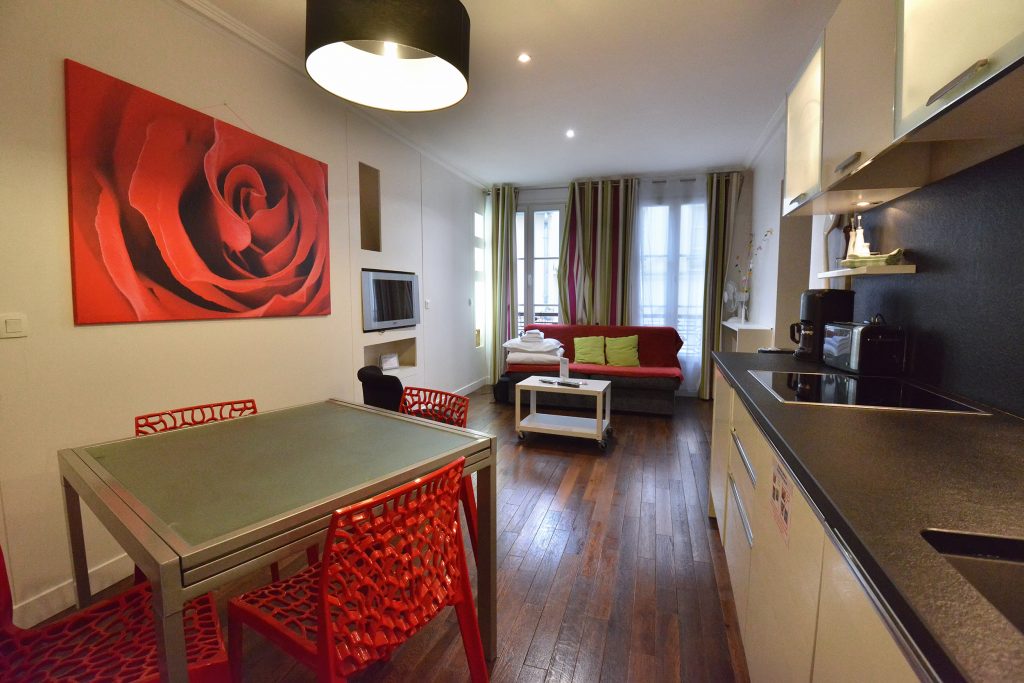The serviced apartment sector is experiencing rapid growth in Greece following a global trend and, drawing significant interest from major international hotel chains.
According to a recent report by Enterprise Greece, the number of serviced apartments in the country has already surpassed 3,500 and is approaching 3,700. Even more striking is the forecast that within the next year, the sector could expand by another 1,000 units. In 2019, Greece counted just 2,500 such properties.
This surge reflects a broader investment wave sweeping through Greece’s real estate market. Both domestic developers and foreign investors are capitalizing on what is emerging as one of the fastest-growing segments of the global property market. Enterprise Greece notes that serviced apartments are now seen as a strategic opportunity for those looking to expand their portfolio in a dynamic and evolving hospitality landscape.
Foreign Investment Accelerates
Over recent months, several prominent international players have announced expansion plans in Greece’s booming serviced apartment market. These include U.S.-based hospitality giant Wyndham Hotels & Resorts, Spain’s Libere Hospitality Group, Israel’s Vision Greece, and Germany’s Limehome. Their entry into the Greek market underscores its growing attractiveness on the global stage.
Greek developers are not sitting idle. Companies such as DKG Development and Zoia are actively launching new projects, either independently or in partnership with international investors. Meanwhile, Blueground—one of Greece’s most successful startups—has long embraced the global trend, offering fully furnished, flexible-term rentals in cities around the world, including an expanding footprint in Greece.
A Middle Ground in Hospitality
Serviced apartments occupy a niche between traditional hotels and long-term rental housing. They cater to the rising demand for flexible, mid-term accommodations equipped with select services. This format appeals to a diverse clientele: from corporate executives on extended assignments and long-stay vacationers to digital nomads and university students.
Source: tovima.com








































